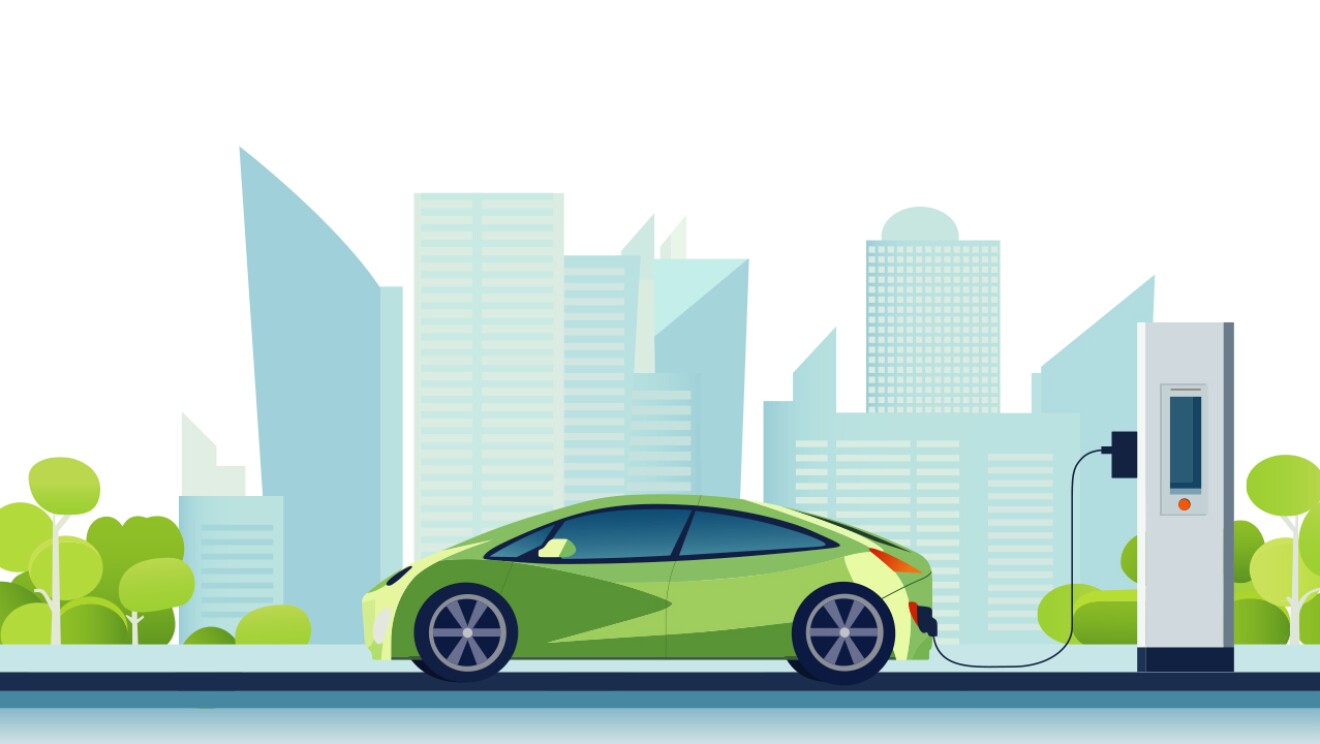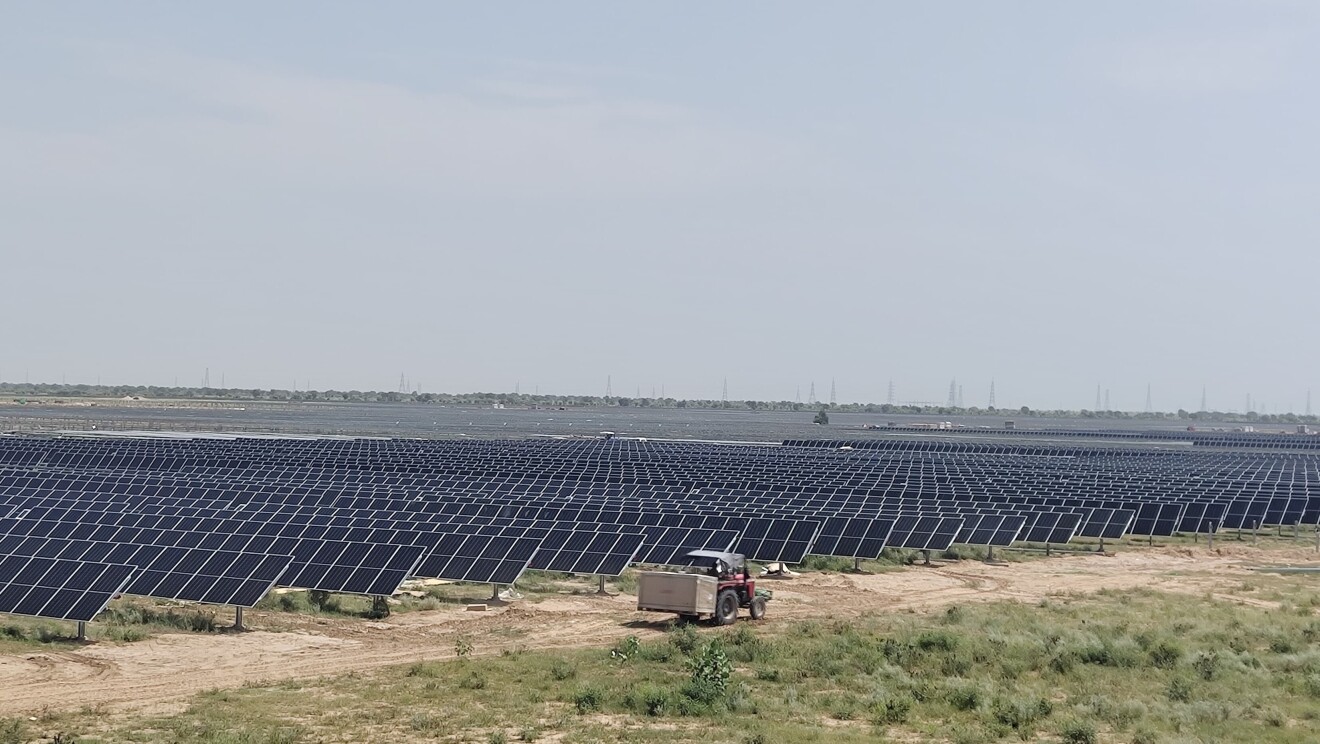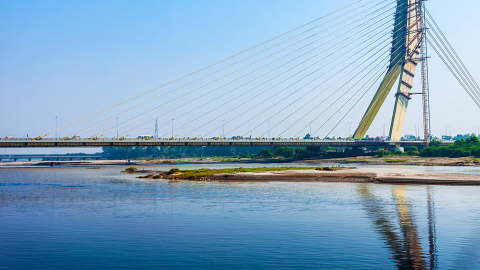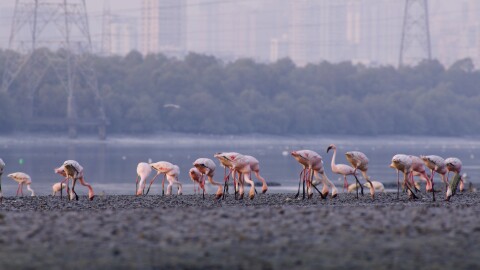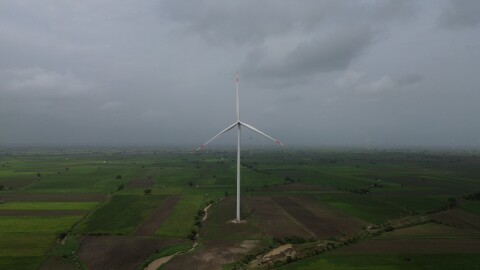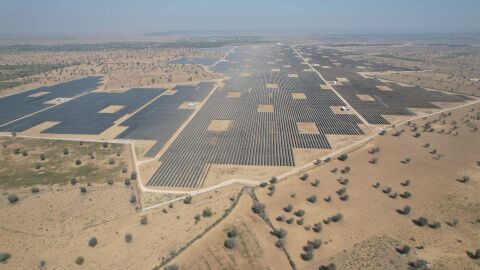Amazon India and Hindustan Petroleum Corporation Limited (HPCL) have forged a strategic collaboration to accelerate the development and adoption of low-carbon fuels (LCFs) for long-haul transportation in India. This tie-up will focus on increasing the supply and demand for renewable alternatives such as renewable diesel and compressed biogas, which offer substantial reductions in carbon intensity compared to conventional fossil fuels. The alliance marks a significant milestone in Amazon's global commitment to achieving net-zero carbon emissions across its operations by 2040, while simultaneously supporting India's national goal of achieving net-zero emissions by 2070.
What the collaboration entails
Amazon India and HPCL marked the collaboration by signing a memorandum of understanding (MoU). The two companies will conduct a pilot to test fuels in Amazon’s long-haul transport vehicles and explore the possibilities of fuelling hubs and mobile refuelling stations for easy access to LCFs. They will also engage with government bodies and industry think tanks to support policies that promote the scaling of LFCs in India.
Biofuels are key to India’s energy transition and are set to contribute to jobs and economic growth. Amazon’s collaboration with HPCL is a step toward empowering this transformational shift, and we are glad to be a part of this journey.
“In line with The Climate Pledge’s global goal to reach net-zero carbon by 2040, accelerating fuel alternatives in our transportation network reinforces our commitment to India’s energy ambitions and is helping our mission to reduce emissions. We are keen to observe the environmental gains of this push to development and adoption of low carbon fuels in India.”
A spokesperson for HPCL says, “We are committed to developing and scaling sustainable fuel solutions that benefit our country, the industry, and the environment. This collaboration marks a pivotal step toward decarbonising long-haul transportation and aligns with our vision of supporting India’s long term low carbon development strategy. Together, we aim to accelerate the transition to cleaner energy solutions, paving the way for a greener and more sustainable future for our country.”
Amazon’s decarbonisation mission
Amazon has been taking giant strides in its journey to decarbonise its transportation network and delivery fleet. In late 2023, Amazon transported goods on the first-ever zero-emission capable cargo ship. The effort, led by Amazon’s Global Mile team, was part of a new collaboration with shipping and logistics company Maersk to transport Amazon goods using methanol, which produces less greenhouse gas emissions compared to other fuels.
In 2023, Amazon achieved its goal to match 100% of the electricity consumed across its operations with renewable energy—a commitment the company met seven years ahead of the original 2030 goal. Since 2019, Amazon has enabled renewable energy projects in 27 countries. In fact, Amazon was the first corporation to enable utility-scale renewable energy projects in India, Greece, South Africa, Japan, and Indonesia, among other countries.
Amazon has put more than 24,000 electric vehicles on the road all around the world. In India, Amazon is well on its way to achieving its goal of deploying 10,000 EVs by 2025, and has nearly doubled the number of EVs in its Indian delivery fleet to more than 7,200, including three- and four-wheel vehicles as well as two-wheel e-bikes.
In September this year, Amazon’s Climate Pledge Fund launched a network of shared electric vehicle charging stations in Bengaluru. Powered by renewable energy, this $2.65 million initiative aims to support over 5,500 EVs by 2030 and overcome infrastructure gaps hindering corporate EV fleet transitions in India's tech capital.
Putting the environment in focus
In 2019, Amazon co-founded (and was the first signatory of) The Climate Pledge, which commits signatories to reaching net-zero carbon emissions by 2040, 10 years ahead of the Paris Agreement. Signatories work together to regularly measure and report greenhouse gas emissions. Additionally, they implement changes and innovate solutions to bring into effect decarbonisation strategies in line with the Paris Agreement.



